Credit to aircraftarsenal123 for original Cessna base model. I saw aircraftarsenal123's Cessna 195 and said "hmmmmmmmmmm, I bet I could make a Staggerwing out of that" and I did. Trim is trim, VTOL is flaps(only deploy under 140). Landing is rather tricky since you cannot use ANY brakes while on the landing roll(as soon as you are on the ground, retract flaps and pull back to land the tail, only enough so you don't take off again) Enjoy! Now for a short history:At the height of the Great Depression, aircraft executive Walter H. Beech and airplane designer T. A. "Ted" Wells joined forces to collaborate on a project to produce a large, powerful, and fast cabin biplane built specifically for the business executive. The Beechcraft Model 17, popularly known as the "Staggerwing", was first flown on November 4, 1932. During its heyday, it was used as an executive aircraft, much as the private jet is now, and its primary competition were the Waco Custom Cabin and Waco Standard Cabin series of biplanes. The Model 17's unusual negative stagger wing configuration (the upper wing staggered behind the lower) and unique shape maximized pilot visibility while negligibly reducing interference between the wings.[1] The fabric-covered fuselage was faired with wood formers and stringers over a welded, steel tube frame.[1] Construction was complex and took many man-hours to complete. The Staggerwing's retractable conventional landing gear, uncommon at that time, combined with careful streamlining, light weight, and a powerful radial engine, helped it perform well. In the mid-1930s, Beech undertook a major redesign of the aircraft, to create the Model D17 Staggerwing. The D17 featured a lengthened fuselage that improved the aircraft's handling characteristics by increasing control leverage, and the ailerons were relocated to the upper wings, eliminating interference with the flaps. Braking was improved with a foot-operated brake linked to the rudder pedals.
Sales began slowly. The first Staggerwings' high price tag (between US$14,000 and $17,000, depending on engine size) scared off potential buyers in an already depressed civil aircraft market. Only 18 Model 17s were sold during 1933, the first year of production, but sales steadily increased. Each Staggerwing was custom-built by hand. The luxurious cabin, trimmed in leather and mohair, held up to five passengers. Eventually, the Staggerwing captured a substantial share of the passenger aircraft market. By the start of World War II, Beechcraft had sold more than 424 Model 17s.
Specifications
Spotlights
- RailfanEthan 9.0 years ago
- Rodrigo110 8.2 years ago
- GT3TobyRS 9.0 years ago
- NativeChief1492 9.0 years ago
General Characteristics
- Predecessor Cessna 195
- Successors 1 airplane(s) +14 bonus
- Created On Windows
- Wingspan 31.1ft (9.5m)
- Length 28.4ft (8.7m)
- Height 9.7ft (3.0m)
- Empty Weight 6,984lbs (3,168kg)
- Loaded Weight 7,205lbs (3,268kg)
Performance
- Horse Power/Weight Ratio 1.11
- Wing Loading 15.1lbs/ft2 (73.9kg/m2)
- Wing Area 476.3ft2 (44.3m2)
- Drag Points 4662
Parts
- Number of Parts 238
- Control Surfaces 20
- Performance Cost 931

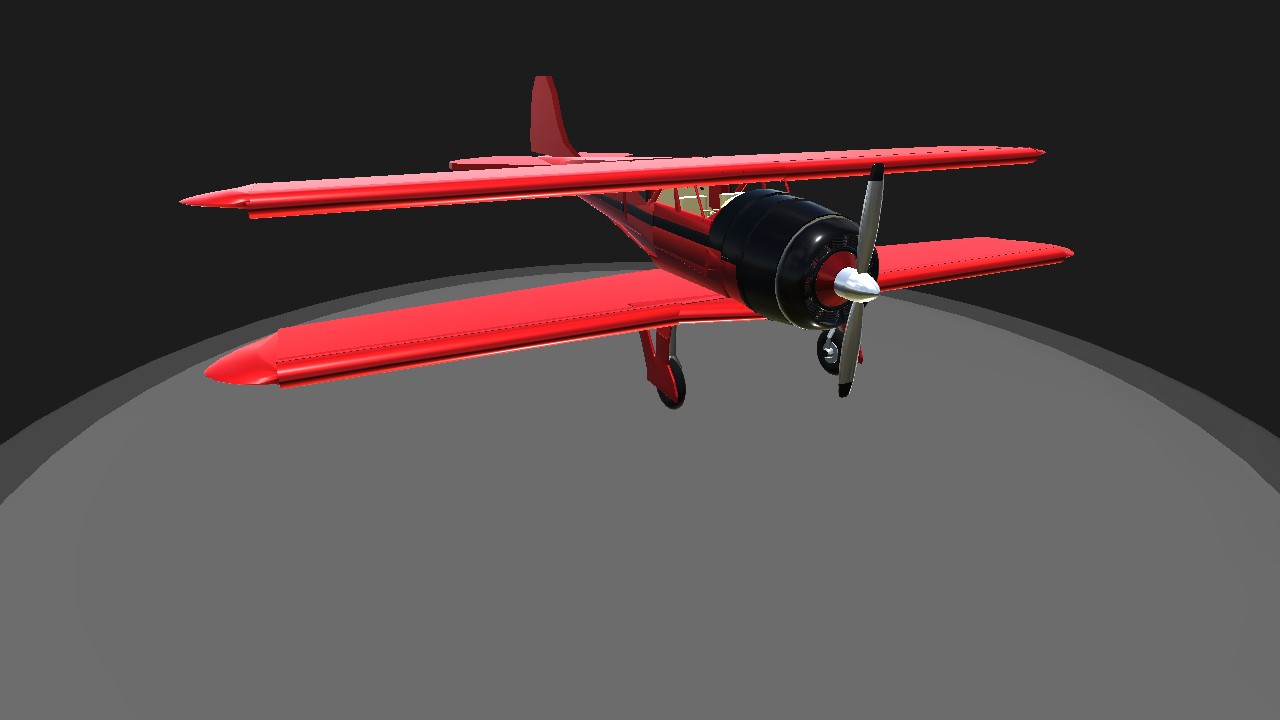
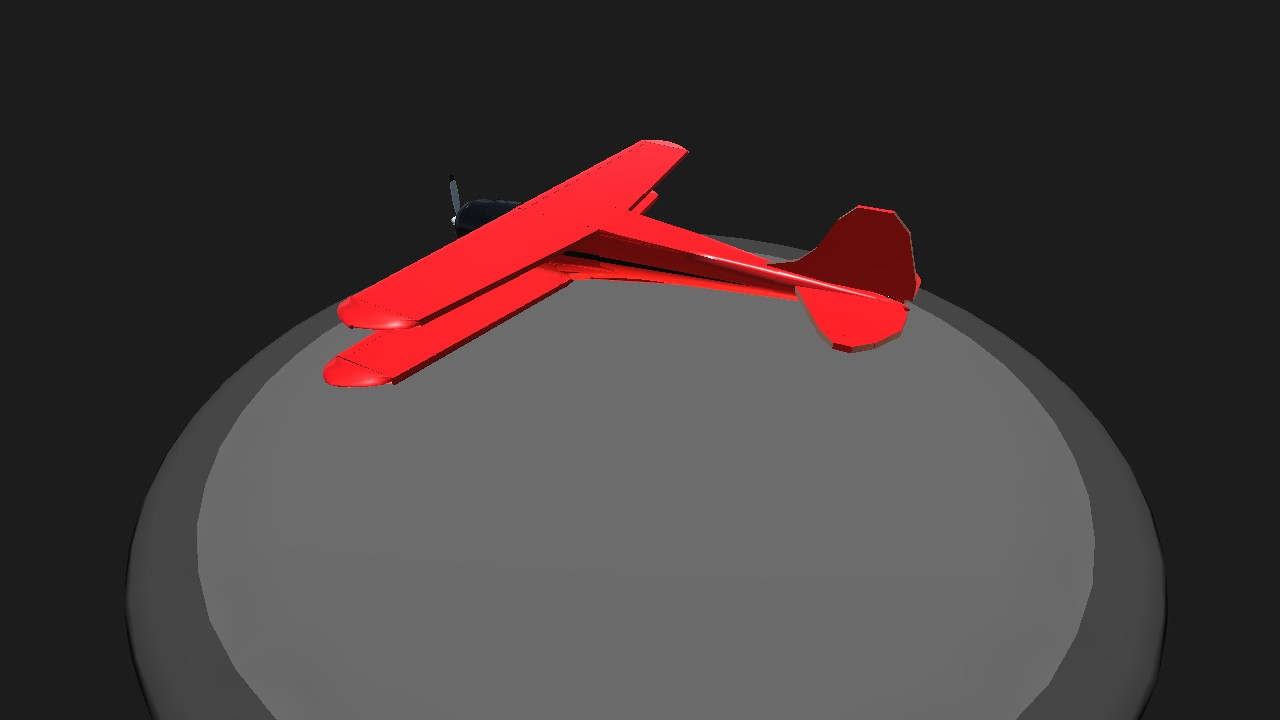
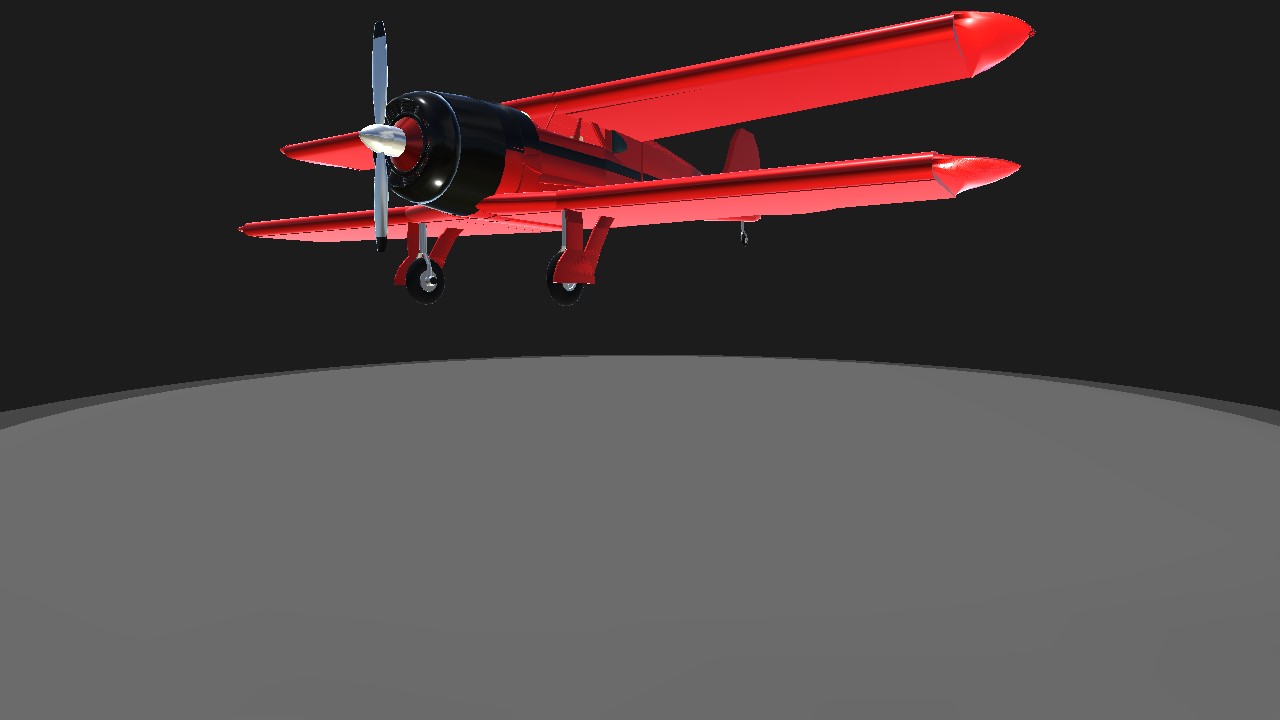
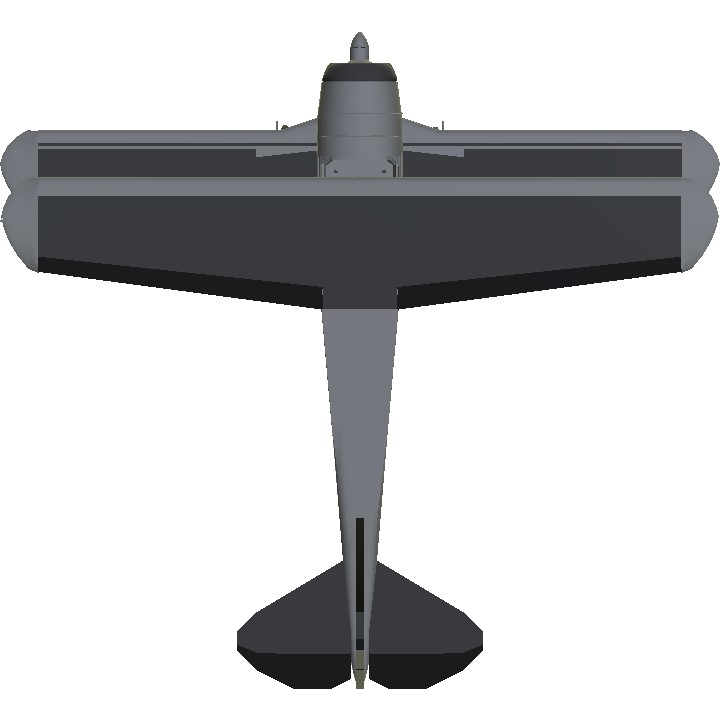
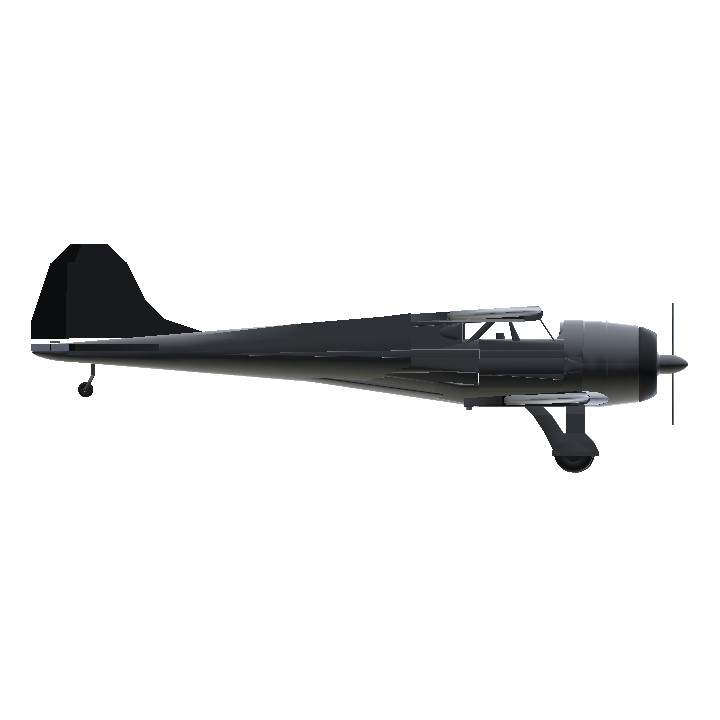
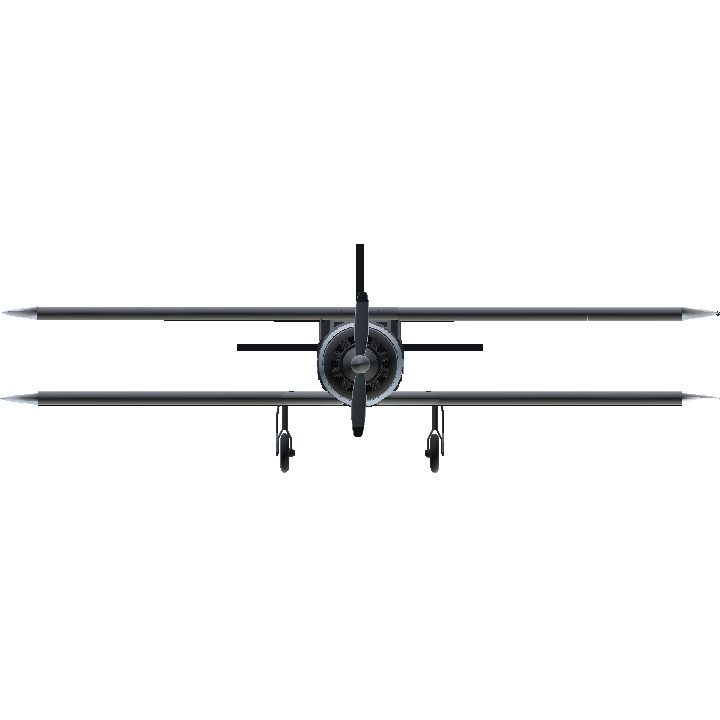
@Winstonlharambe Yes, such a wonderful aircraft that has seemingly disappeared from the radar over the years :(
So underrated @corsair013
@Rodrigo110 thanks!
@KSPFSXandSP yup:)
@corsair013 NICE!
@KSPFSXandSP yes, in real life and in SP
Does this have retractable undercarriage?
Yes they are @corsair013
@Boeing209 amazing airplanes aren't they?
I've seen this plane in real life. I was feet from it when it taxied.
@aircraftarsenal123 thanks :)
Wow, I wouldn't think it would look good as a biplane, but this certainly makes it work
@DownUnderWing @grizzlitn @ShatSlanger thanks!